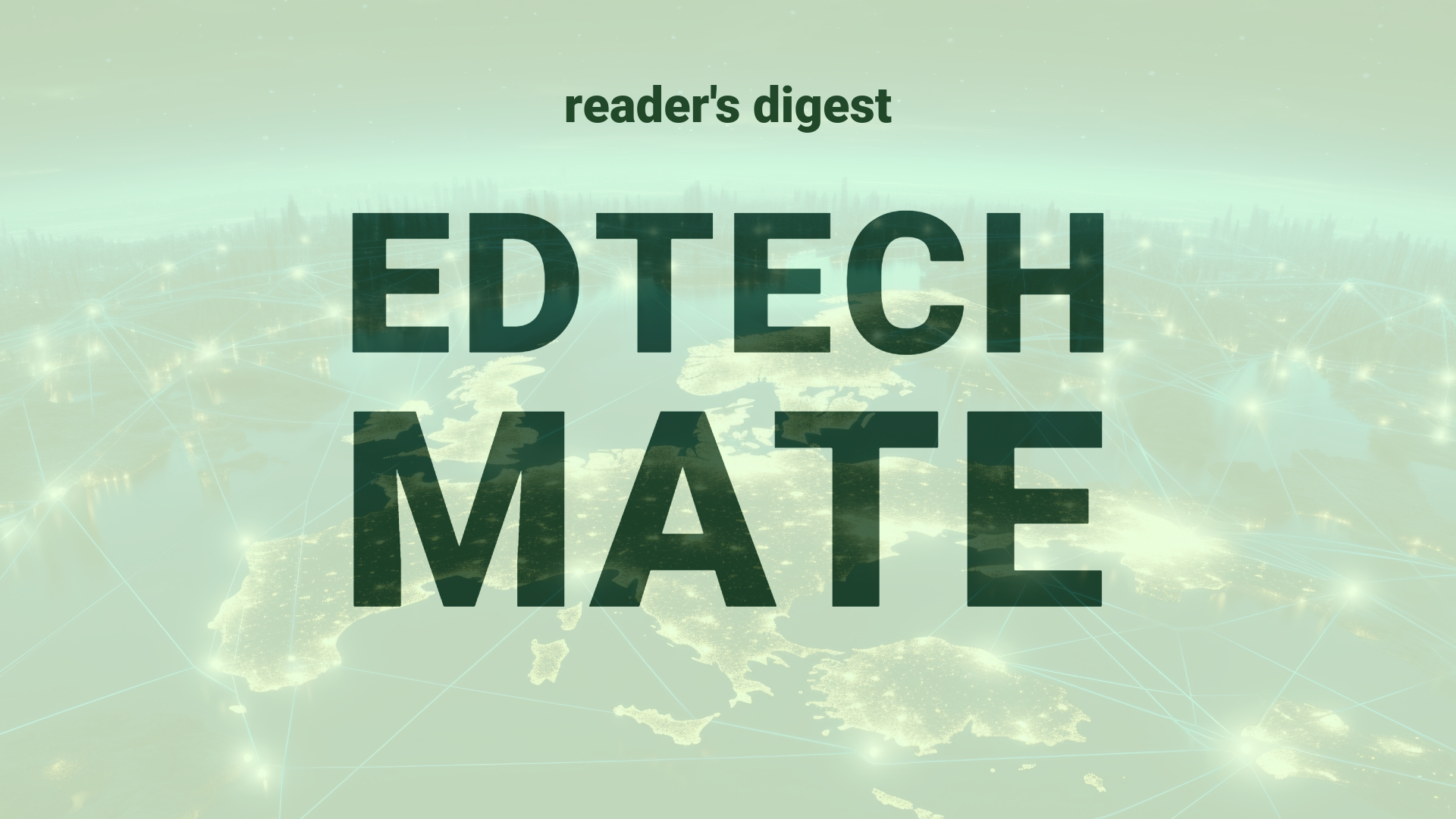Executive Summary and Main Points
Azure Event Hubs, a real-time data streaming service, has introduced the public preview of geo-replication to enhance data availability and disaster recovery. This innovation strengthens the data management capabilities within Azure’s ecosystem, allowing for robust, dynamic data pipelines and real-time operational responsiveness. Key benefits include high availability, seamless disaster recovery, and adherence to regional compliance, which are central to maintaining continuous data-driven processes in global education environments.
Potential Impact in the Education Sector
The introduction of Azure Event Hubs geo-replication could significantly impact the Further Education and Higher Education sectors by supporting resilient, real-time academic analytics frameworks. Institutions can use geo-replication to safeguard student data, protect research outputs, and maintain essential services in the face of regional disruptions. For Micro-credentials, this technology ensures the integrity and availability of credentials, fostering trust in digital credentials across international boundaries. Strategic partnerships between educational institutions and Azure can promote technological digitalization, enhancing collaborative research and global learning initiatives.
Potential Applicability in the Education Sector
Applications of Azure Event Hubs geo-replication within global education systems may include real-time analysis of student engagement, automating feedback loops for personalized learning, and underpinning secure, scalable platforms for Massive Open Online Courses (MOOCs). AI can be utilized for predictive analytics to improve student retention and success rates. Additionally, the technology can support cross-regional research collaborations by syncing large datasets almost instantaneously, opening doors to new innovations in education technology.
Criticism and Potential Shortfalls
A critical examination of Azure Event Hubs geo-replication must consider data sovereignty concerns and the potential difficulties in reconciling differing regional data protection laws, which can impact international education networks. Moreover, reliance on cloud-based services may present challenges for institutions with limited infrastructure or in areas with regulatory restrictions on data storage. Ethical considerations must also be addressed, such as biases in AI analytics and cultural appropriateness of digital learning tools facilitated by such platforms. Comparative case studies could reveal disparities in accessibility and efficacy across diverse educational contexts.
Actionable Recommendations
For educational leadership, it is recommended to evaluate and integrate Azure Event Hubs geo-replication into educational data strategies, prioritizing data security, and compliance. Pilot projects could assess the efficacy of real-time data streaming in enhancing student experiences or streamlining administrative processes. Partnerships with Microsoft Azure could provide specialized training for educational IT staff and develop custom solutions for unique institutional needs. Leaders should also plan for ethical audits of AI applications and prepare for potential impacts of geo-political data policies on international collaborations
Source article: https://techcommunity.microsoft.com/t5/messaging-on-azure-blog/announcing-public-preview-for-geo-replication-for-azure-event/ba-p/4164522

